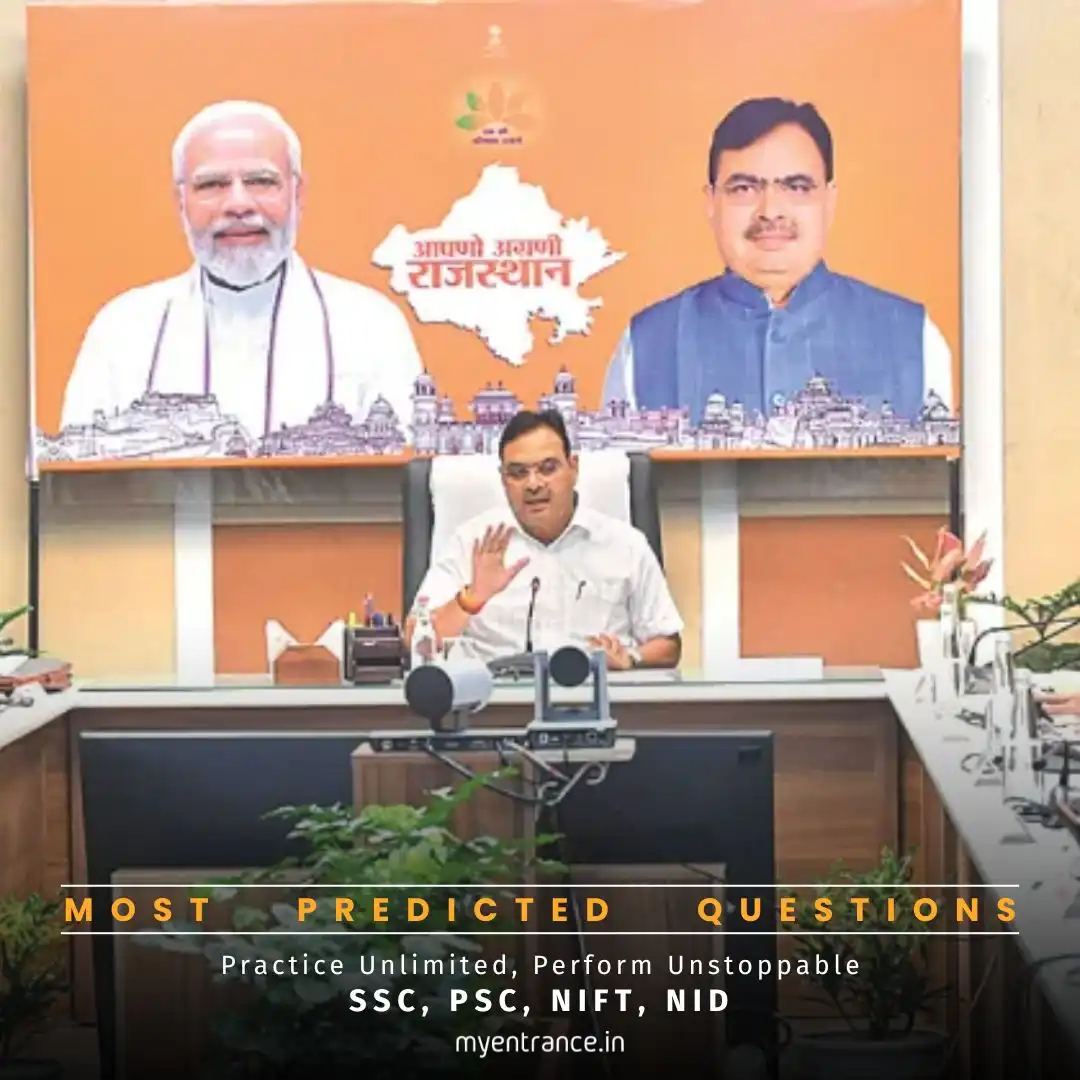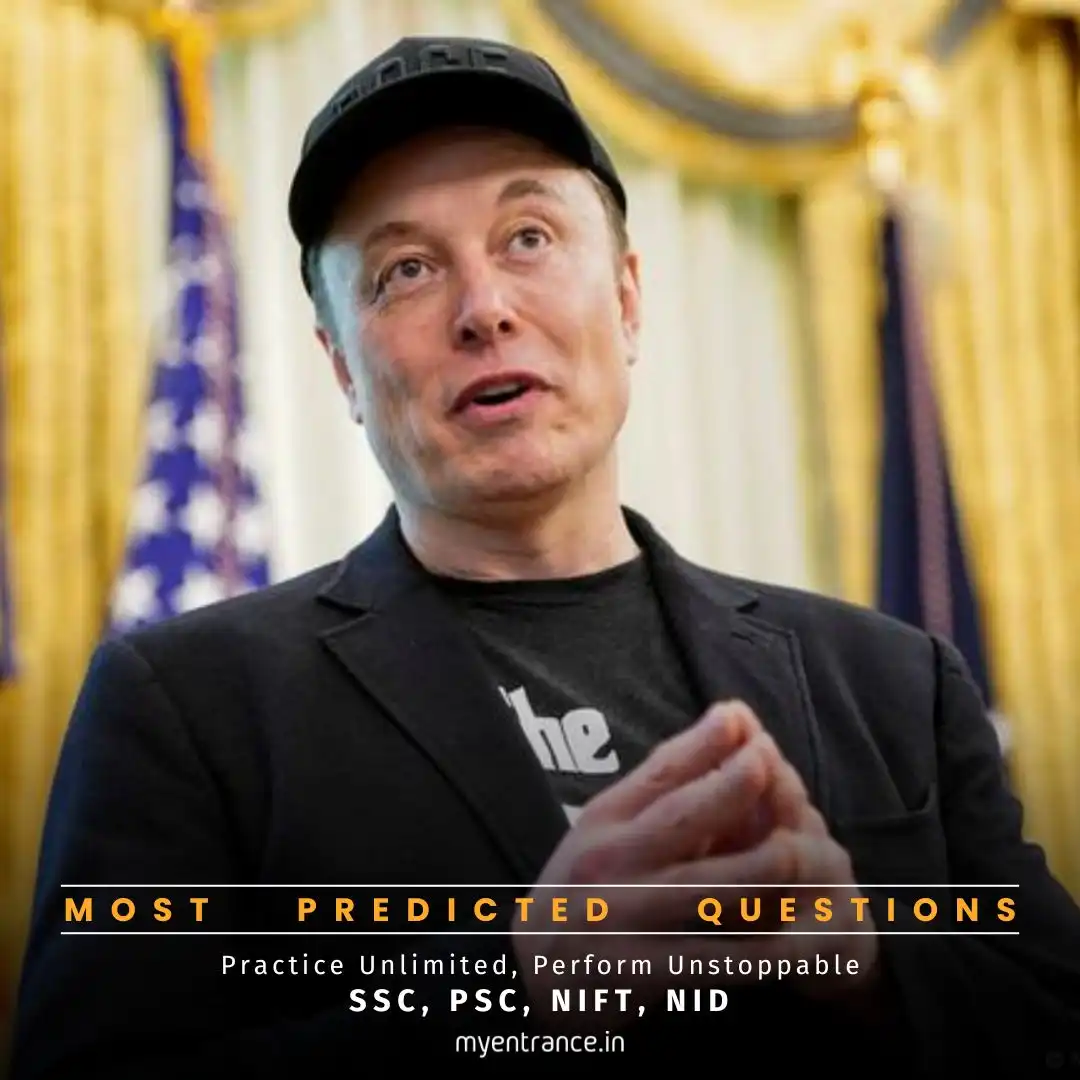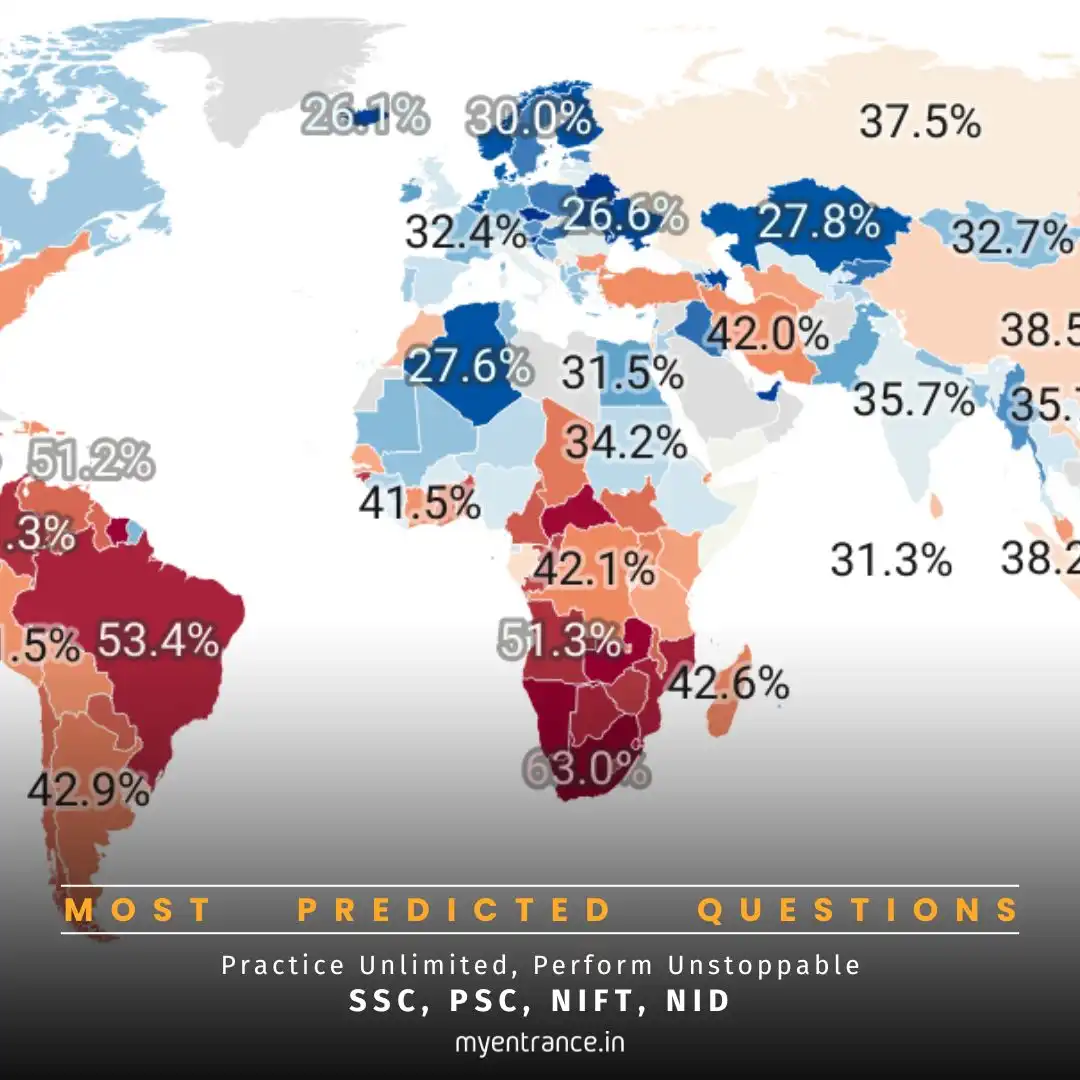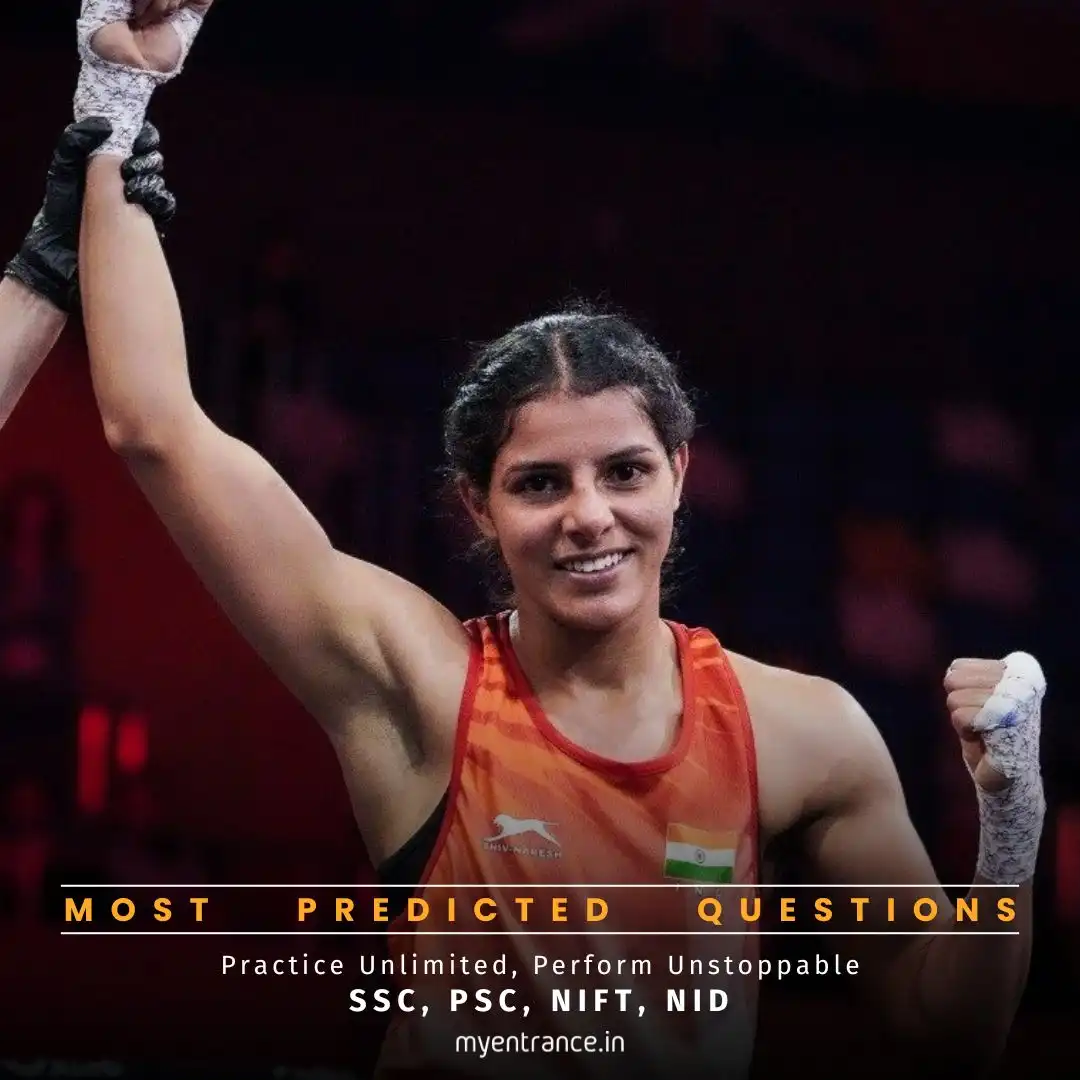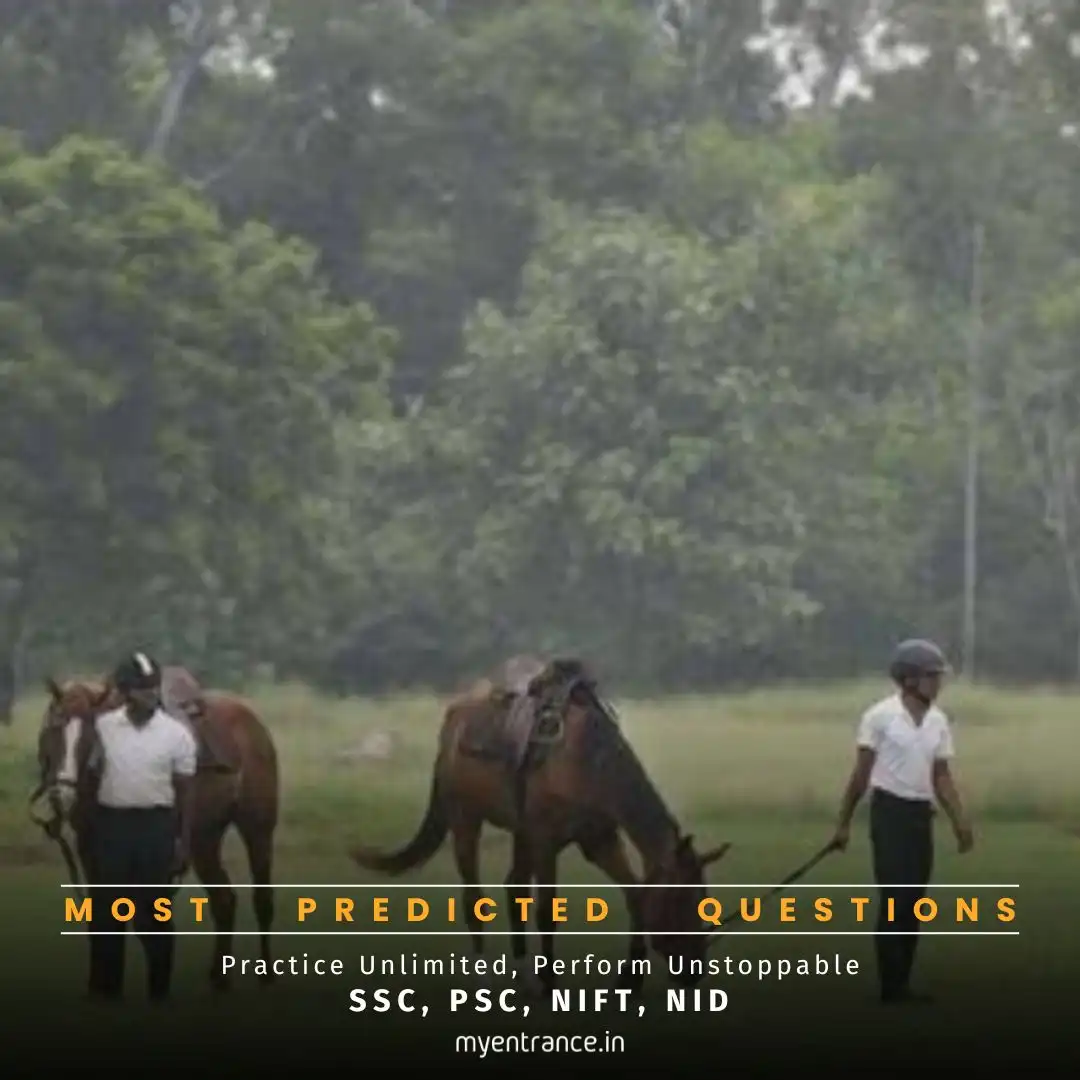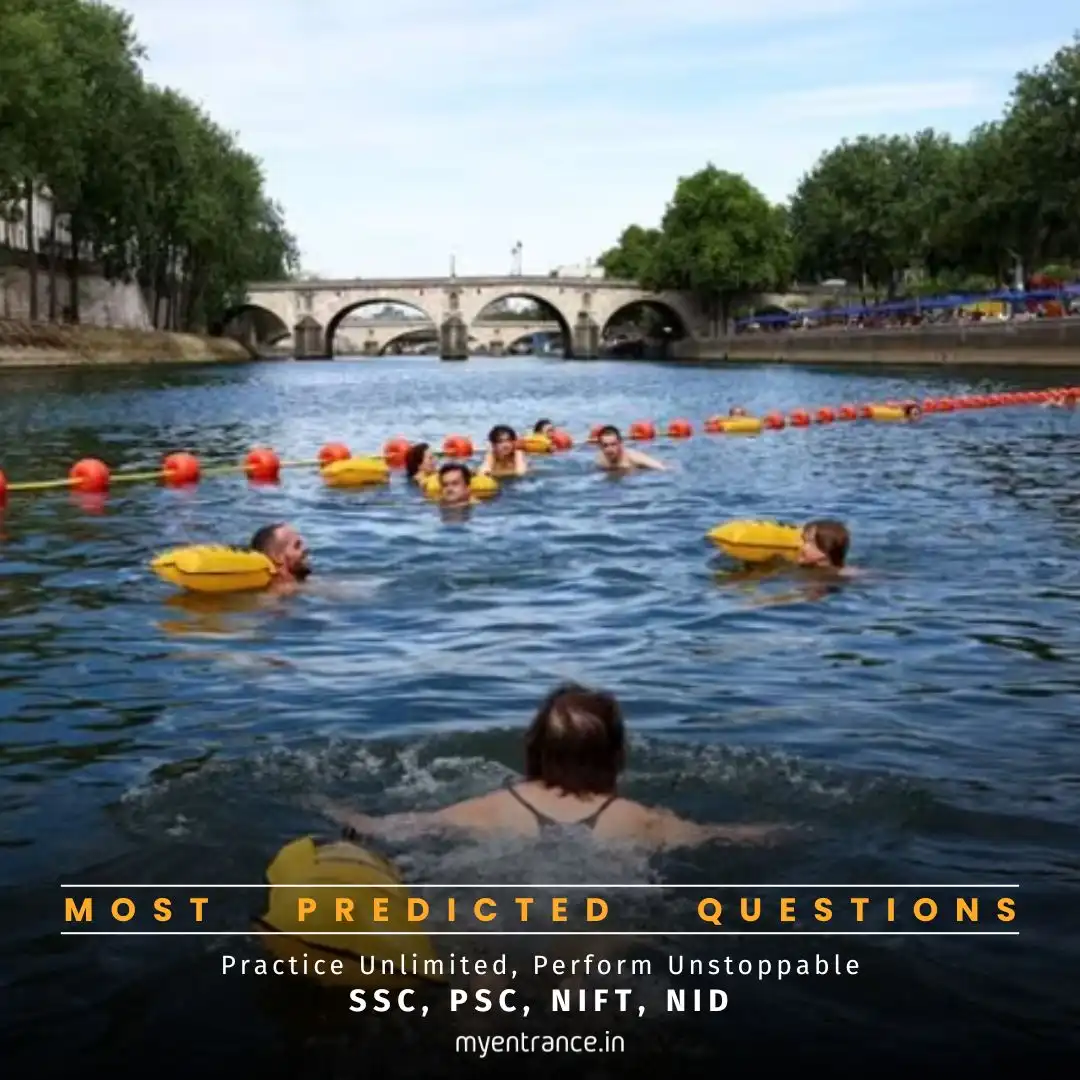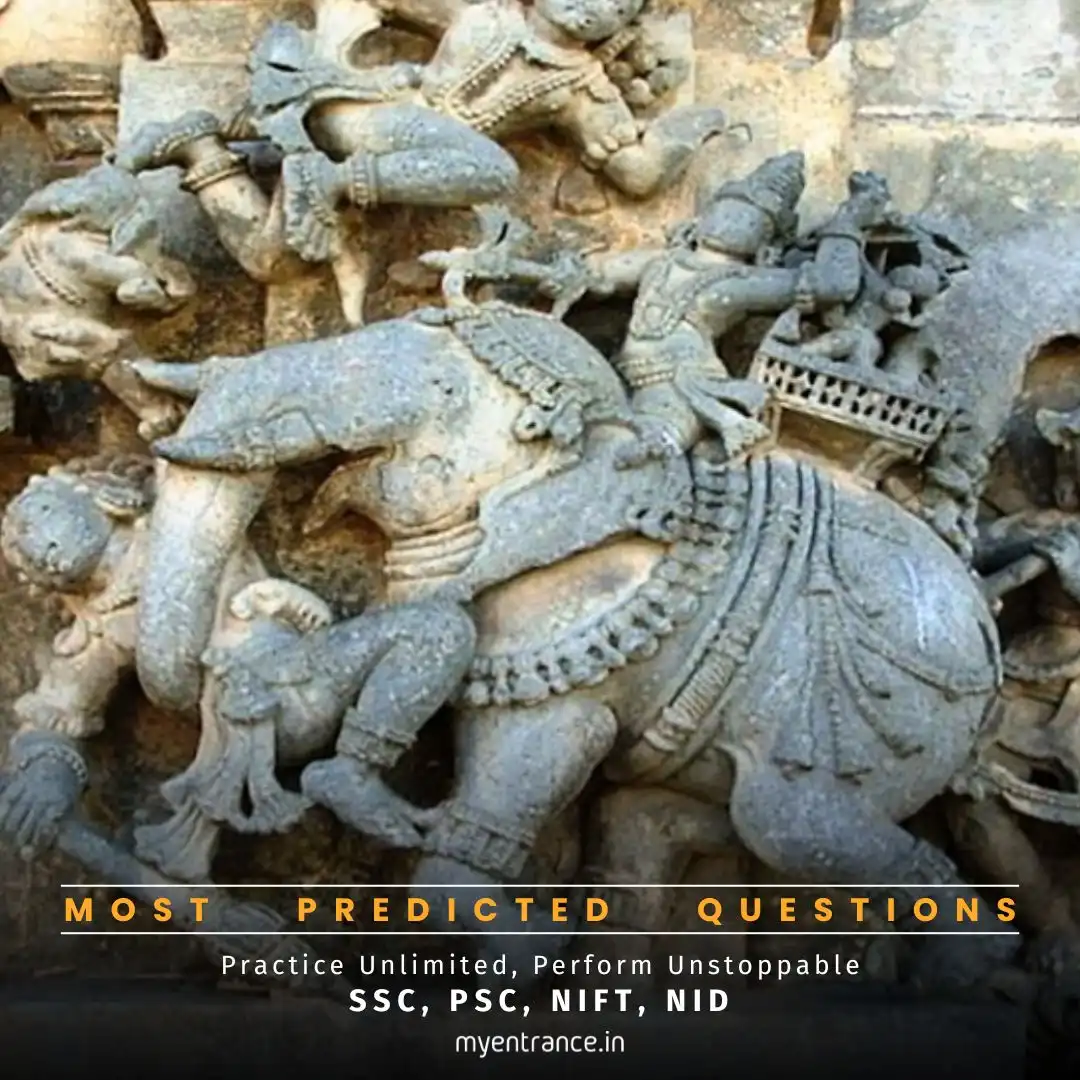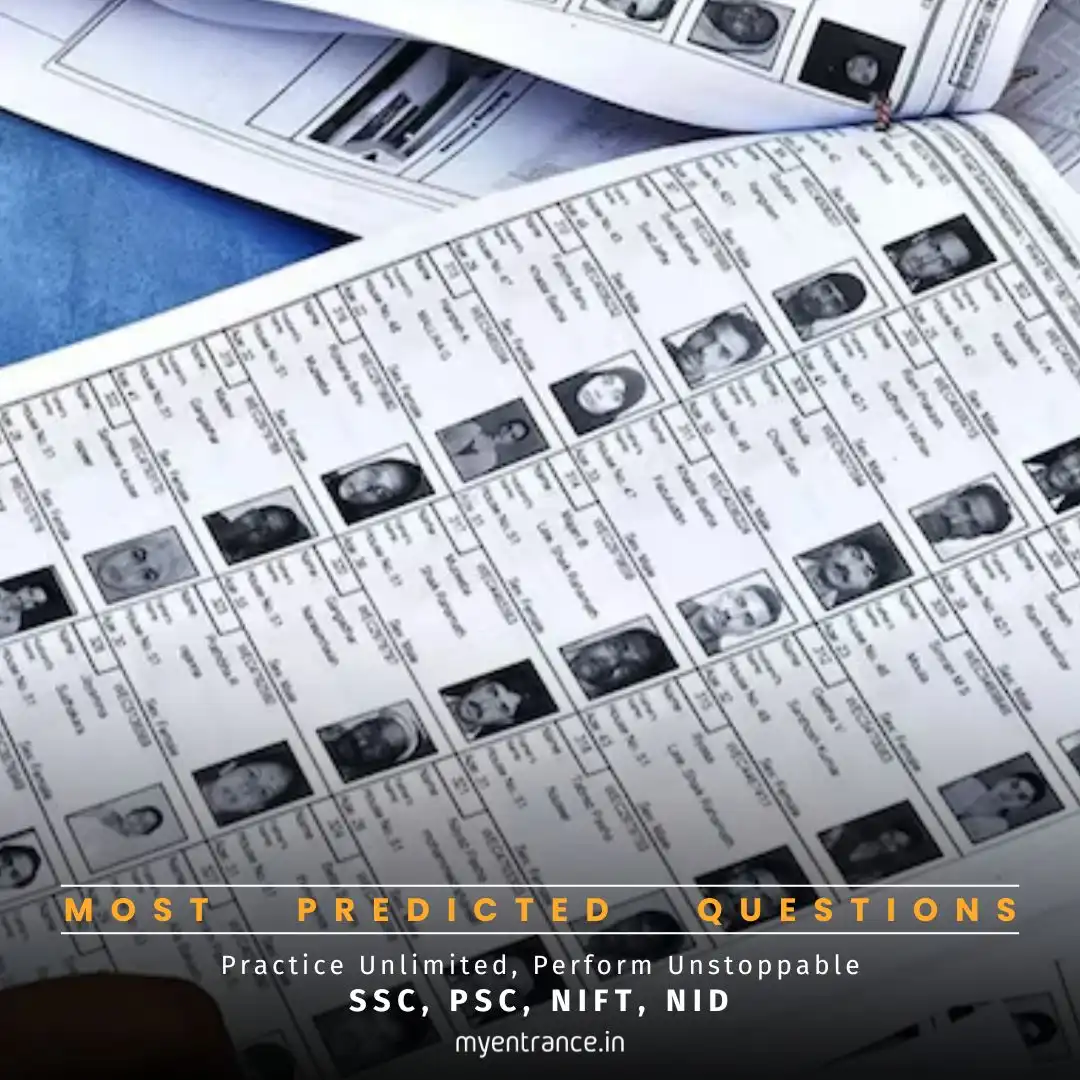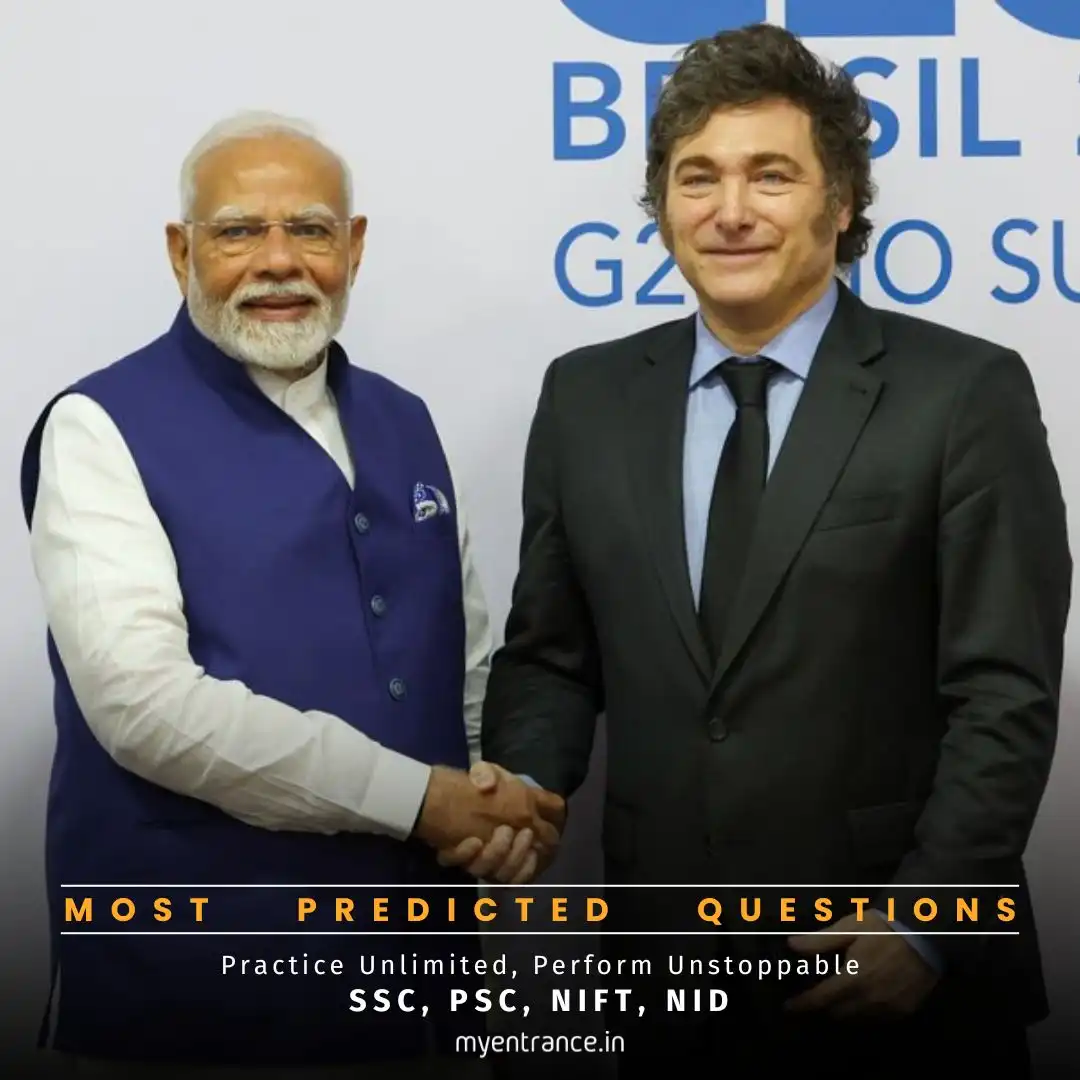Select Language
How Will NMC’s New Faculty Regulations Impact Medical Education in India?
The National Medical Commission (NMC) has rolled out the Medical Institutions (Qualifications of Faculty) Regulations, 2025, aligning with the government’s push to expand medical education. With plans to add 75,000 new MBBS and PG seats, these rules aim to address faculty shortages while raising concerns about maintaining quality.

Key Changes in NMC’s 2025 Faculty Regulations
1. More Teaching Institutions Recognized
Non-teaching government hospitals with 220+ beds can now become teaching centers.
This helps rural and underserved areas gain access to medical education.
2. Easier Promotions for Experienced Specialists
10+ years of experience? You can now directly become an Associate Professor.
Assistant Professors no longer need senior residency if they complete the Basic Course in Biomedical Research within two years.
3. M.Sc./Ph.D. Faculty Allowed in More Departments
Earlier restricted to Anatomy, Physiology, and Biochemistry, now expanded to Microbiology and Pharmacology.
Helps fill faculty gaps in preclinical and paraclinical subjects.
4. Age Limit Increased for Senior Residents
The upper age limit for senior residents in non-clinical subjects raised to 50 years.
Super-specialty doctors can now be designated in their field even if working in broader departments.
5. New Opportunities for Diploma Holders & Senior Consultants
Diploma holders with 6 years of experience in government hospitals can become Assistant Professors.
Senior consultants with 3+ years of teaching experience can now be appointed as Professors.
6. Faculty Can Switch Departments
Teachers can move between departments based on qualifications, helping colleges optimize staffing.
Why Are These Changes Important for Exams?
More medical seats = More competition – Aspirants must stay updated on policy shifts affecting admissions.
Changing faculty norms could influence teaching quality in colleges, impacting student preparation.
New eligibility rules may open up teaching career paths for medical professionals.
Sample Questions & Answers (Based on NMC’s New Rules)
Q1: What is the major reason behind NMC’s new faculty regulations?
A: To support the government’s plan of adding 75,000 new medical seats by easing faculty shortages.
Q2: Can a non-teaching hospital become a medical college under the new rules?
A: Yes, government hospitals with 220+ beds can now be designated as teaching institutions.
Q3: How much experience is needed to become an Associate Professor directly?
A: 10 years of specialist experience makes you eligible for Associate Professor posts.
Q4: Which new departments can M.Sc./Ph.D. faculty now join?
A: Microbiology and Pharmacology, in addition to Anatomy, Physiology, and Biochemistry.
Q5: What is the new age limit for senior residents in non-clinical subjects?
A: The upper age limit has been increased to 50 years.
Get 3 Months Free Access for SSC, PSC, NIFT & NID
Boost your exam prep!
Use offer code WELCOME28 to get 3 months free subscription. Start preparing today!
